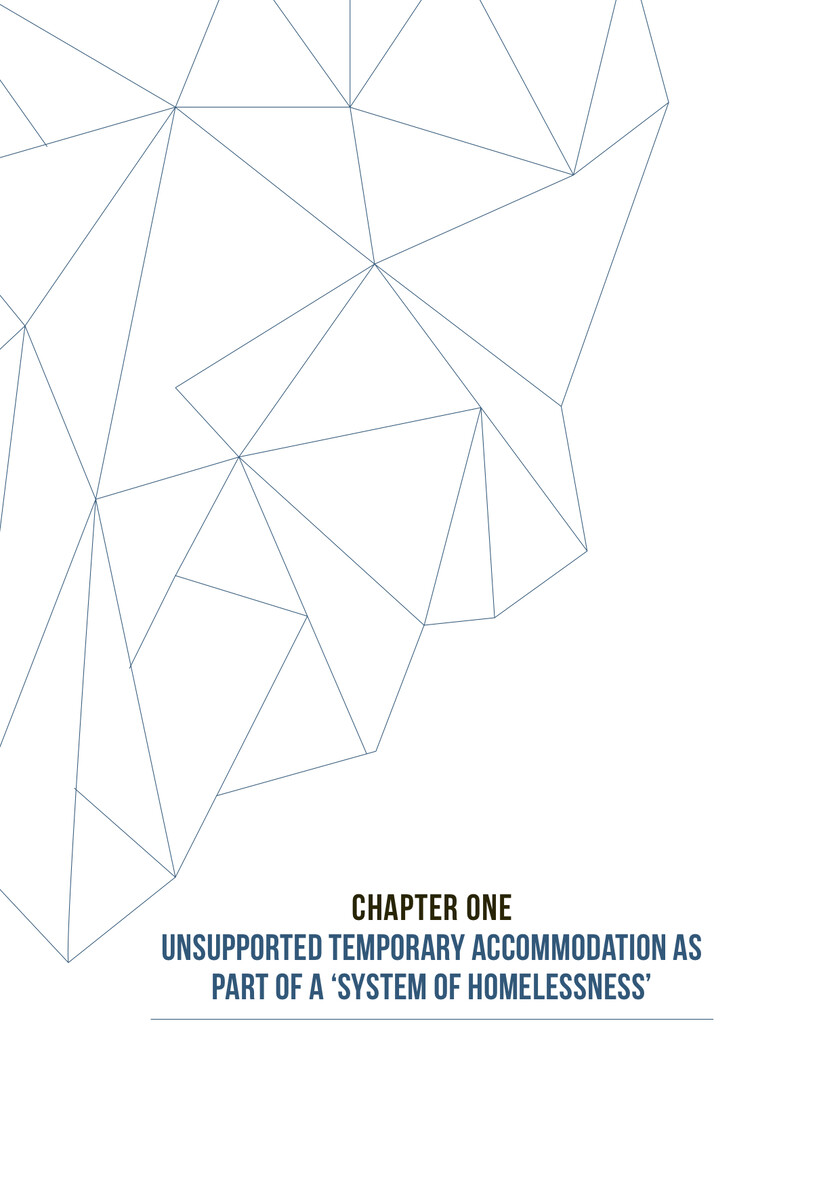Today we are publishing our latest report, 'Lifting the Lid on Hidden Homelessness: A New Analysis’, which presents the latest findings of our ongoing research in this area but critically on the massive failure of the homeless system to account for the number of people living in unsupported temporary accommodation. Research conducted by Justlife in the last 12 months reveals that over 51,500 individuals and families are living in B&B in England and we know that there are many, many more in other types of UTA. This is in contrast to the government figures which, at the time of our research, recorded only 5870. Manchester Evening News Reporter Jen Williams suggests that these people have been 'Edited Out' of the homelessness narrative. The problem is that when people are hidden, even from government statistics, it is as if they do not exist, their voice is not heard, their needs are not met and they become stuck in some of the darkest corners of Englands private housing market - some for the rest of their shortened lives.
At a time when all homelessness statistics are rising, there is much political rhetoric about ending rough sleeping, whether it is by 2020 in Greater Manchester or the Government’s promise to eliminate it by 2027, but due to the close connection between rough sleeping and UTA we are convinced that any efforts to address rough sleeping will be inadequate without clear local and national strategies for UTA. However, there currently seems to be little collective awareness or impetus to do this. I've lost count of the number of articles I've read and documentaries I've watched which reveal the horrors of extremely vulnerable and sick individuals living in grotty, unsafe houses of multiple occupancy (HMOs), families living in Bed & Breakfasts (B&B) and private guesthouses, at the mercy of landlords who are depicted as the soulless, pantomime villain, profiteering from the misfortunes of others. To some degree I welcome the media attention and the way in which it has made us as a society much more aware of some of the issues faced by people who are unable to find a secure home, but if we fail now to move from awareness to action then all the coverage has been nothing more than a voyeuristic exercise to which we all offered fleeting sympathy and quickly forgot.
It is time for change, we need to stop merely watching and commentating on this appalling situation and work together, local authorities, residents, landlords, services, health professionals and politicians. Our central recommendation is the implementation of Temporary Accommodation Boards, this is a strategy which is grounded in collaboration, and we have seen that it works. This call for such boards is strengthened in this latest report.
20 years ago Mary Carter conducted a similar count of people living in unsupported temporary accommodation that was published in a report with Shelter. When Christa, our head of research and policy met with Mary recently to compare her findings to our report we found that very little hard changed. We can’t just let this issue slip away, barely touched, for another 20 years, but need to use today’s report as a catalyst for change.Together we can, we have over 50,000 reasons to keep trying.
#notcounteddontcount #50000reasons


